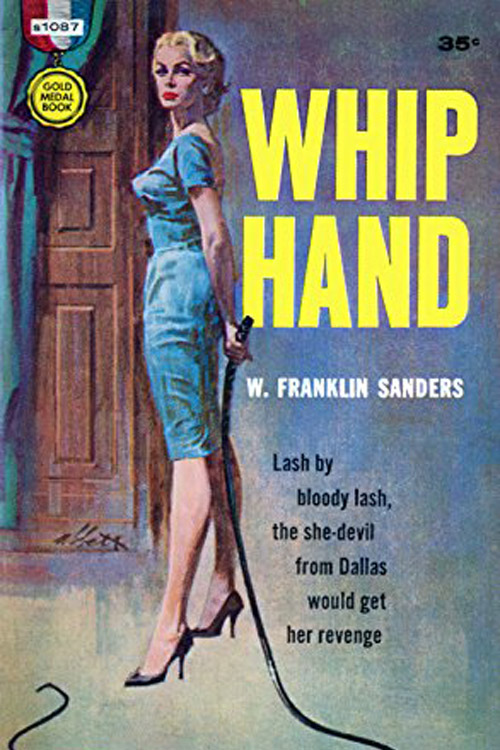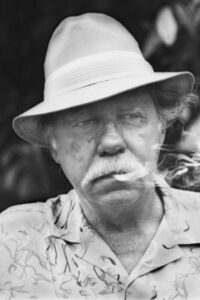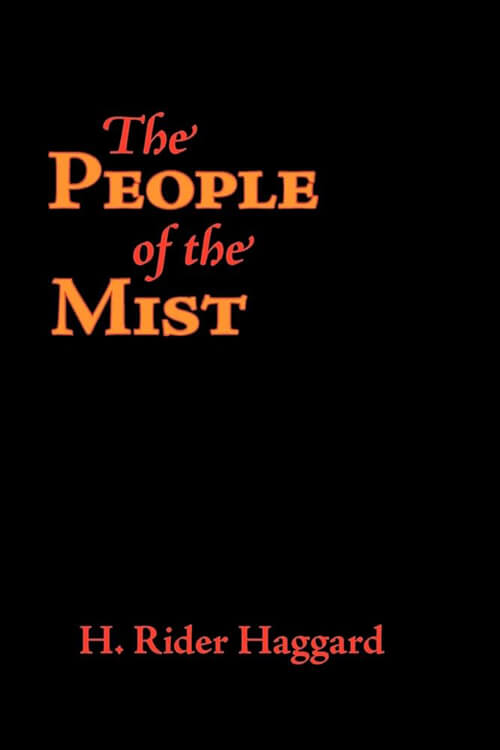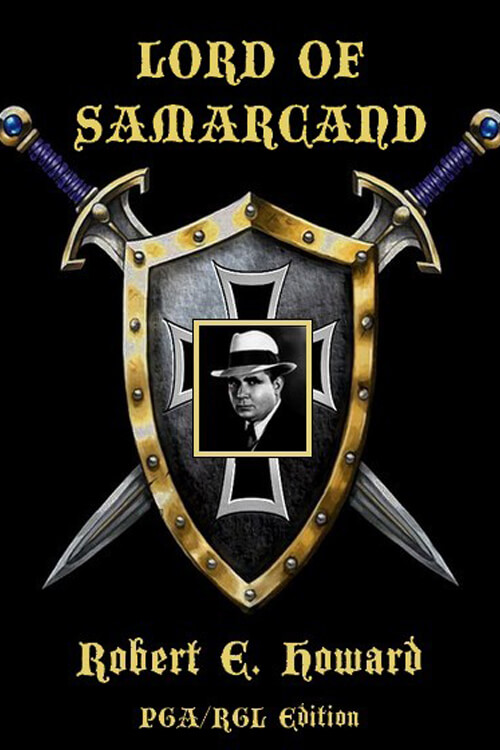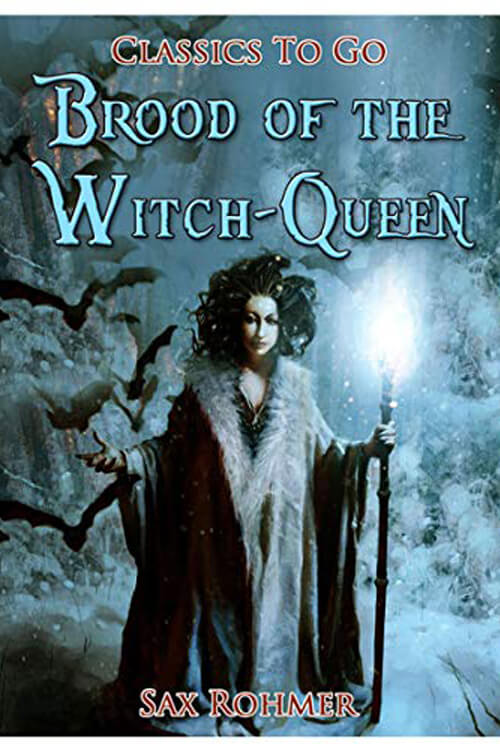
The Whip Hand
My reinitiation was off to a thundering start. It was my first day back in Traffic after three good years in the Auto Theft Bureau, and the day was not pleasant for me—not friendly in the smallest detail. My determination to make the best of my comedown and see it through was already running into serious trouble. Shame and disgust were banging brutal body blows against my determination, and my hot temper was a rotten referee in the clinches.
I told myself, as an example, I wasn’t the first man on the force to be knocked down. I had seen it happen before, so it wasn’t entirely a new idea. But this time, it had happened to Bill Brown, and that made it seem all too new and personal. With some 20-20 hindsight, the events leading up to my humiliation were not too hard to trace. The trail was quite clear.
The Auto Theft Bureau snarls the lines on a pair of raids, which fills our nets, and the big ones make the getaway. Then we overlooked another lead passed to us from Homicide in routine paperwork, and it turns out that a prompt follow-up would have paid off big for us. A big stink is raised. A more extensive investigation is ordered, and stuff bounces off the fan in every direction. A shake-up rattles through the Bureau and the whole Los Angeles Police Department.
It isn’t amusing when the charges and counter-accusations start flying back and forth. Every instance of lax efficiency, questionable conduct, or carelessness is apt to be spread out and raked over, and usually is. It boils down to every man for himself—and anybody he thinks he can depend on to help whitewash him. My short seniority in the Bureau didn’t rate me much help or sympathy.
Before one of these investigations is over, fingers get pointed at some vulnerable miscreants found in any large organization. Also, a few unlucky individuals are trapped by circumstances and appearances.
Read or download Book
Charles Willeford
Charles Ray Willeford III (January 2, 1919 – March 27, 1988) was an American writer.
Biography.
Author of fiction, poetry, autobiography, and literary criticism, Willeford wrote a series of novels featuring hardboiled detective Hoke Moseley. He published steadily from the 1940s on but vaulted to wider attention with the first Hoke Moseley book, Miami Blues (1984), which is considered one of its era’s most influential works of crime fiction. Film adaptations have been made of four of Willeford’s novels: Cockfighter, Miami Blues, The Woman Chaser, and The Burnt Orange Heresy.
Early life
Charles Ray Willeford III was born in Little Rock, Arkansas, on January 2, 1919. Following the death of his father from tuberculosis in 1922, Willeford and his mother moved to the Los Angeles area. After his mother died in 1927 from TB, he lived with his grandmother Mattie Lowey on Figueroa Street near Exposition Park until 1932. At thirteen, amid the Great Depression, he boarded a freight train in Los Angeles, assumed a false identity, and—passing as a seventeen-year-old—travelled by rail along the Mexican border for a year.
Career
In March 1935, he signed up with the California National Guard, but a few months later, he applied for discharge to enlist in the regular United States Army. He spent two years in the Air Corps stationed in the Philippines, serving as a fire truck driver, a gas truck driver, and briefly as a cook. At the end of 1938, he was discharged from the Army. He re-enlisted in March 1939, joining the Air Corps at March Field, California, but later transferring to the 11th Cavalry stationed at the Presidio of Monterey. In the cavalry, he learned to ride and care for horses and spent several months learning the art of horseshoeing. He also served as a “householder” in a machine gun troop and earned a marksman qualification.
1942 Willeford married Lara Bell Fridley before being stationed at Fort Benning, Georgia, for infantry school. He was assigned to Company C, 11th Tank Battalion, 10th Armored Division, and sent to Europe as a tank commander. He fought in the Battle of the Bulge and earned the Silver Star, the Bronze Star for outstanding bravery, the Purple Heart with one oak leaf cluster, and the Luxembourg War Cross. After V-E Day, he studied at Biarritz American University until he was shipped back to the United States.
Willeford enlisted again in 1945 for a term of three years. As a member of the 24th Infantry Division, he was stationed in Kyushu, Japan, from 1947 to 1949. He ran the army radio station WLKH and was promoted to master sergeant.
His first book of poetry, Proletarian Laughter, was published in 1948. In May 1949, he and his wife, Lara, divorced. In July of the same year, he left the army, leaving a mailing address of General Delivery, Dallas, Texas. He enrolled in the Universitarias de Belles Artes in Lima, Peru, studying art and art history in the graduate program. He was dismissed from the university when officials learned that he had neither an undergraduate degree nor a high school diploma. He lived in New York City for a month at the end of 1949 before re-enlisting in the Air Force.
Willeford was stationed at Hamilton Air Force Base in California through April 1952. He married Mary Jo Norton in July of that year and lived in Birmingham, Alabama, for a while. 1953, Willeford’s first novel, High Priest of California, was published. Bound as a double volume with another writer’s novel, it sold 55,000 copies, about a third of its print run. In January 1954, he re-enlisted again; he was stationed at Palm Beach Air Force Base while living in West Palm Beach. In 1955, he was reassigned to Harmon Air Force Base in Newfoundland. Willeford finally left active duty in November 1956. By that time, two more novels of his had been published.

